In recent years, there has been a growing interest in the relationship between diet and health, particularly in the context of chronic conditions such as type 2 diabetes. As the prevalence of diabetes continues to rise globally, understanding the role of different food choices in managing blood sugar levels has become increasingly important. One such food that has garnered attention for its potential impact on diabetes management is dry roasted peanuts. Peanuts are a popular snack enjoyed by many around the world. They are a good source of plant-based protein, healthy fats, fiber, and various essential nutrients. However, when it comes to peanuts and diabetes, there are conflicting views on whether they are beneficial or detrimental for individuals with type 2 diabetes. On one hand, peanuts are considered a low-glycemic index (GI) food, which means they cause a slower and more gradual rise in blood sugar levels compared to high-GI foods. This can be advantageous for individuals with diabetes as it helps in better blood sugar control. Additionally, the fiber content in peanuts can help slow down the absorption of glucose in the bloodstream, further contributing to better blood sugar management. Moreover, peanuts are rich in monounsaturated and polyunsaturated fats, which have been shown to have positive effects on insulin sensitivity and inflammation, both of which are important factors in the development and management of type 2 diabetes. Including peanuts in a balanced diet can therefore potentially help in reducing the risk of complications associated with diabetes.
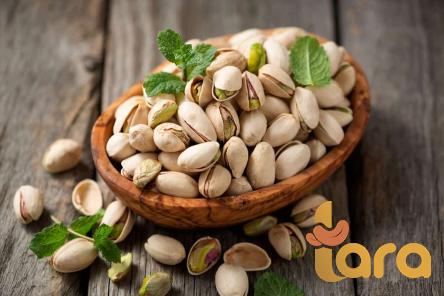
.
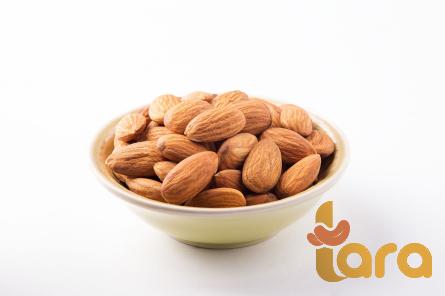 However, despite these potential benefits, it is important to acknowledge that peanuts are also calorie-dense and can be high in fat. For individuals with diabetes who are trying to manage their weight or control their blood lipid levels, consuming large amounts of peanuts may not be the best choice. It is crucial to practice moderation and portion control when including peanuts in the diet to avoid excess calorie intake. Another consideration when it comes to peanuts and diabetes is the method of preparation. Dry roasted peanuts, in particular, are a popular snack option because they are a convenient and flavorful way to enjoy peanuts. However, the roasting process can sometimes involve the addition of salt or oil, which can increase the sodium and calorie content of the peanuts. Excessive salt intake can negatively impact blood pressure and cardiovascular health, both of which are important considerations for individuals with diabetes who are at higher risk of heart disease. To mitigate the potential drawbacks of consuming dry roasted peanuts, individuals with diabetes should opt for unsalted or lightly salted varieties and be mindful of portion sizes. It is also worth exploring other ways to enjoy peanuts, such as raw or boiled, to minimize added fats or salt. In conclusion, the relationship between dry roasted peanuts and type 2 diabetes is complex and multifaceted. While peanuts can be a nutritious and diabetes-friendly snack option due to their low GI, fiber content, and healthy fats, it is essential to be mindful of portion sizes and preparation methods to reap the maximum benefits without compromising overall health. As with any food choice, moderation and balance are key in incorporating dry roasted peanuts into a diabetes-friendly diet. Ultimately, consulting with a healthcare provider or a registered dietitian can provide personalized guidance on how to include peanuts in a diabetes management plan tailored to individual needs and preferences. By being informed and proactive in making dietary choices, individuals with diabetes can navigate the nuances of peanut consumption to support their overall health and well-being. Moreover, emerging research has suggested that the bioactive compounds present in peanuts, such as resveratrol, may offer additional benefits for individuals with type 2 diabetes.
However, despite these potential benefits, it is important to acknowledge that peanuts are also calorie-dense and can be high in fat. For individuals with diabetes who are trying to manage their weight or control their blood lipid levels, consuming large amounts of peanuts may not be the best choice. It is crucial to practice moderation and portion control when including peanuts in the diet to avoid excess calorie intake. Another consideration when it comes to peanuts and diabetes is the method of preparation. Dry roasted peanuts, in particular, are a popular snack option because they are a convenient and flavorful way to enjoy peanuts. However, the roasting process can sometimes involve the addition of salt or oil, which can increase the sodium and calorie content of the peanuts. Excessive salt intake can negatively impact blood pressure and cardiovascular health, both of which are important considerations for individuals with diabetes who are at higher risk of heart disease. To mitigate the potential drawbacks of consuming dry roasted peanuts, individuals with diabetes should opt for unsalted or lightly salted varieties and be mindful of portion sizes. It is also worth exploring other ways to enjoy peanuts, such as raw or boiled, to minimize added fats or salt. In conclusion, the relationship between dry roasted peanuts and type 2 diabetes is complex and multifaceted. While peanuts can be a nutritious and diabetes-friendly snack option due to their low GI, fiber content, and healthy fats, it is essential to be mindful of portion sizes and preparation methods to reap the maximum benefits without compromising overall health. As with any food choice, moderation and balance are key in incorporating dry roasted peanuts into a diabetes-friendly diet. Ultimately, consulting with a healthcare provider or a registered dietitian can provide personalized guidance on how to include peanuts in a diabetes management plan tailored to individual needs and preferences. By being informed and proactive in making dietary choices, individuals with diabetes can navigate the nuances of peanut consumption to support their overall health and well-being. Moreover, emerging research has suggested that the bioactive compounds present in peanuts, such as resveratrol, may offer additional benefits for individuals with type 2 diabetes.
..
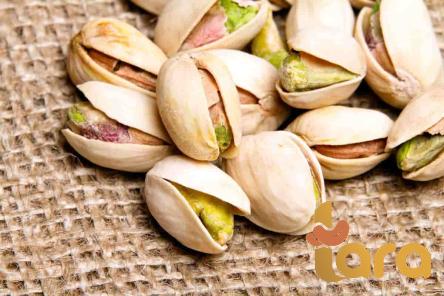 Resveratrol is a polyphenol known for its antioxidant and anti-inflammatory properties. Studies have shown that resveratrol may help improve insulin sensitivity, reduce blood sugar levels, and lower the risk of diabetic complications. While the exact mechanisms through which resveratrol exerts its effects on diabetes are still being investigated, incorporating resveratrol-rich foods like peanuts into the diet may hold promise for diabetes management. It is important to note that the levels of resveratrol in peanuts can vary based on factors like variety, growing conditions, and processing methods. Opting for high-quality, organic peanuts and consuming them in their natural form may help maximize the potential benefits of resveratrol. In addition to their potential impact on blood sugar levels, peanuts offer a range of nutritional benefits that can support overall health and well-being for individuals with type 2 diabetes. Peanuts are a good source of various vitamins and minerals, including vitamin E, niacin, folate, and magnesium, all of which play important roles in maintaining optimal health and functioning of the body. Furthermore, the combination of protein, healthy fats, and fiber in peanuts can help promote satiety and control hunger, which is crucial for individuals with diabetes who need to manage their weight and blood sugar levels. Including peanuts as part of a balanced meal or snack can help prevent spikes in blood sugar and provide sustained energy throughout the day. It is important to emphasize the importance of variety and diversity in the diet, including a wide range of nutrient-dense foods in addition to peanuts. A balanced diet rich in whole grains, fruits, vegetables, lean proteins, and healthy fats is essential for optimal diabetes management and overall health.
Resveratrol is a polyphenol known for its antioxidant and anti-inflammatory properties. Studies have shown that resveratrol may help improve insulin sensitivity, reduce blood sugar levels, and lower the risk of diabetic complications. While the exact mechanisms through which resveratrol exerts its effects on diabetes are still being investigated, incorporating resveratrol-rich foods like peanuts into the diet may hold promise for diabetes management. It is important to note that the levels of resveratrol in peanuts can vary based on factors like variety, growing conditions, and processing methods. Opting for high-quality, organic peanuts and consuming them in their natural form may help maximize the potential benefits of resveratrol. In addition to their potential impact on blood sugar levels, peanuts offer a range of nutritional benefits that can support overall health and well-being for individuals with type 2 diabetes. Peanuts are a good source of various vitamins and minerals, including vitamin E, niacin, folate, and magnesium, all of which play important roles in maintaining optimal health and functioning of the body. Furthermore, the combination of protein, healthy fats, and fiber in peanuts can help promote satiety and control hunger, which is crucial for individuals with diabetes who need to manage their weight and blood sugar levels. Including peanuts as part of a balanced meal or snack can help prevent spikes in blood sugar and provide sustained energy throughout the day. It is important to emphasize the importance of variety and diversity in the diet, including a wide range of nutrient-dense foods in addition to peanuts. A balanced diet rich in whole grains, fruits, vegetables, lean proteins, and healthy fats is essential for optimal diabetes management and overall health.
…
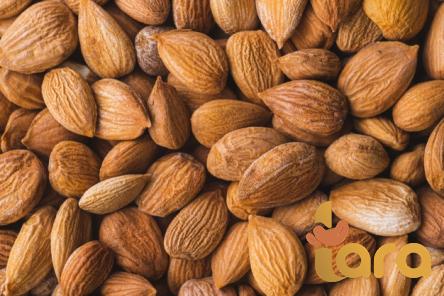 Peanuts can be a valuable addition to this dietary approach, offering a flavorful and versatile option for incorporating nutritious snacks and meals. When it comes to incorporating peanuts into the diet, there are numerous creative ways to enjoy them beyond simply snacking on dry roasted peanuts. Peanut butter, for example, can be a delicious and versatile spread that can be used in sandwiches, smoothies, sauces, and dressings. Opt for natural peanut butter without added sugars or hydrogenated oils to maximize its health benefits. Roasted peanuts can also be included in salads, stir-fries, granola bars, and trail mixes to add crunch and flavor. Experimenting with different recipes and incorporating peanuts in various culinary creations can help keep meals interesting and enjoyable while reaping the nutritional benefits of this versatile ingredient. For individuals with type 2 diabetes, it is important to approach dietary choices with mindfulness and intention, considering the impact of different foods on blood sugar levels, weight management, and overall health. While dry roasted peanuts can be a healthy and diabetes-friendly snack option when consumed in moderation, it is essential to be aware of portion sizes, preparation methods, and overall dietary patterns. By cultivating a balanced and varied diet that includes a diverse array of nutrient-rich foods, individuals with diabetes can support their health goals and enhance their quality of life. As with any aspect of diabetes management, consulting with healthcare professionals and seeking personalized guidance can help individuals make informed decisions that align with their unique needs and preferences. In conclusion, while the relationship between dry roasted peanuts and type 2 diabetes is multifaceted, incorporating peanuts as part of a healthy and balanced diet can offer numerous benefits for individuals with diabetes. From their low GI and fiber content to their potential antioxidant properties, peanuts have the potential to be a valuable addition to a diabetes-friendly meal plan. With mindful consumption, thoughtful preparation, and a focus on overall dietary quality, peanuts can be a tasty and nutritious choice for individuals looking to manage their diabetes effectively and enjoy a varied and satisfying diet.
Peanuts can be a valuable addition to this dietary approach, offering a flavorful and versatile option for incorporating nutritious snacks and meals. When it comes to incorporating peanuts into the diet, there are numerous creative ways to enjoy them beyond simply snacking on dry roasted peanuts. Peanut butter, for example, can be a delicious and versatile spread that can be used in sandwiches, smoothies, sauces, and dressings. Opt for natural peanut butter without added sugars or hydrogenated oils to maximize its health benefits. Roasted peanuts can also be included in salads, stir-fries, granola bars, and trail mixes to add crunch and flavor. Experimenting with different recipes and incorporating peanuts in various culinary creations can help keep meals interesting and enjoyable while reaping the nutritional benefits of this versatile ingredient. For individuals with type 2 diabetes, it is important to approach dietary choices with mindfulness and intention, considering the impact of different foods on blood sugar levels, weight management, and overall health. While dry roasted peanuts can be a healthy and diabetes-friendly snack option when consumed in moderation, it is essential to be aware of portion sizes, preparation methods, and overall dietary patterns. By cultivating a balanced and varied diet that includes a diverse array of nutrient-rich foods, individuals with diabetes can support their health goals and enhance their quality of life. As with any aspect of diabetes management, consulting with healthcare professionals and seeking personalized guidance can help individuals make informed decisions that align with their unique needs and preferences. In conclusion, while the relationship between dry roasted peanuts and type 2 diabetes is multifaceted, incorporating peanuts as part of a healthy and balanced diet can offer numerous benefits for individuals with diabetes. From their low GI and fiber content to their potential antioxidant properties, peanuts have the potential to be a valuable addition to a diabetes-friendly meal plan. With mindful consumption, thoughtful preparation, and a focus on overall dietary quality, peanuts can be a tasty and nutritious choice for individuals looking to manage their diabetes effectively and enjoy a varied and satisfying diet.

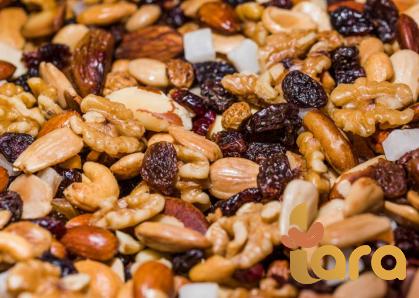
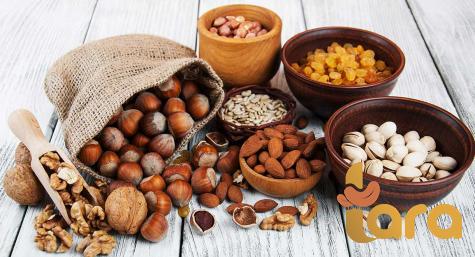
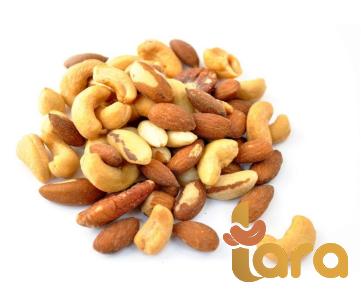
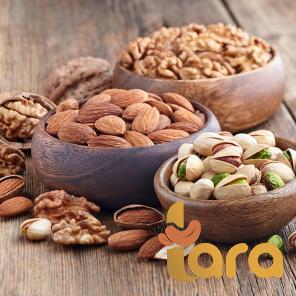
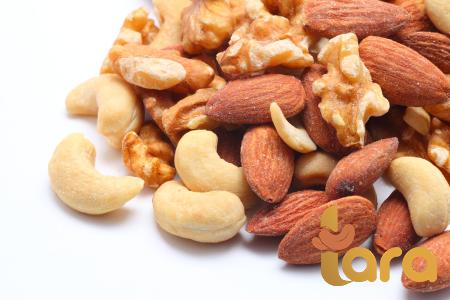
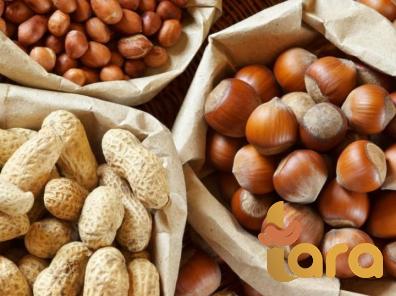
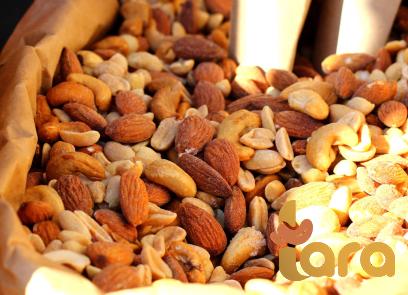
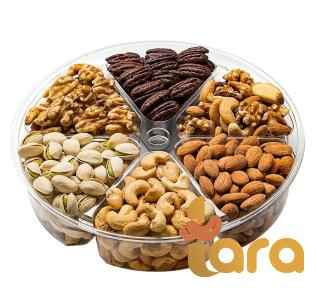
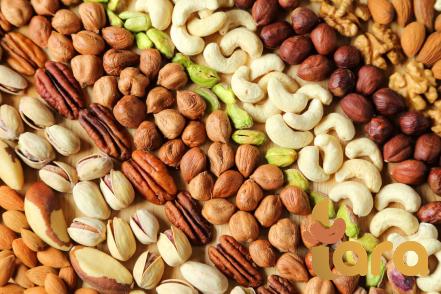
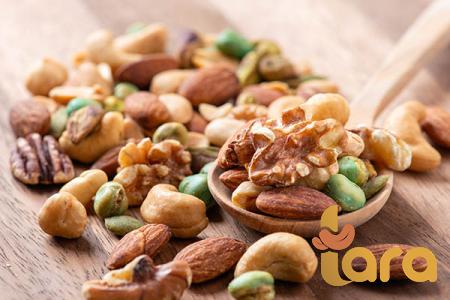
Your comment submitted.